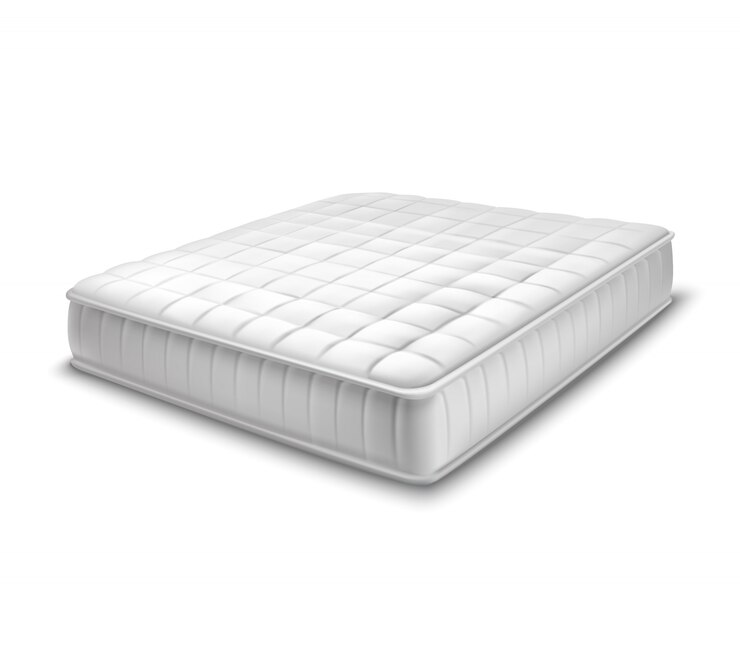AI is a powerful tool, but it’s not a magic ingredient for every product. If the benefit is not clear or seems like something you could do yourself easily, it might just be buzzword marketing Artificial Intelligence (AI) is one keyword that sticks out like a neon light in the misty sky of technological wonders. The AI mania has reached a new high, with businesses of all kinds rushing to develop ‘smarter’ products powered by the technology. For example, AI smart mattresses claim to be using a variety of sensors to monitor users’ sleep habits and general health, dynamically responding to their specific demands in real time. Developers of these smart mattresses claim that they may considerably enhance sleep quality, allowing for a faster start of sleep and promoting deeper, more restorative sleep. Examples of products that might be overhyping their AI features also include AI-powered toothbrushes. In the vast landscape of oral hygiene, the act of brushing teeth has evolved from ancient practices to modern ones. While rural communities often rely on traditional neem twigs for dental care, urbanites have embraced the convenience of toothbrushes and toothpaste. But in recent years, the market has witnessed the rise of electric toothbrushes, promising superior oral cleanliness with each oscillation. AI is a powerful tool, but it’s not a magic ingredient for every product. If the benefit is not clear or seems like something you could do yourself easily, it might just be buzzword marketing.
Thank you for reading this post, don't forget to subscribe!From Mattresses That Track Your Sleep To Fridges That Suggest Recipes How Much Is Too Much When It Comes To AI In Daily Life



